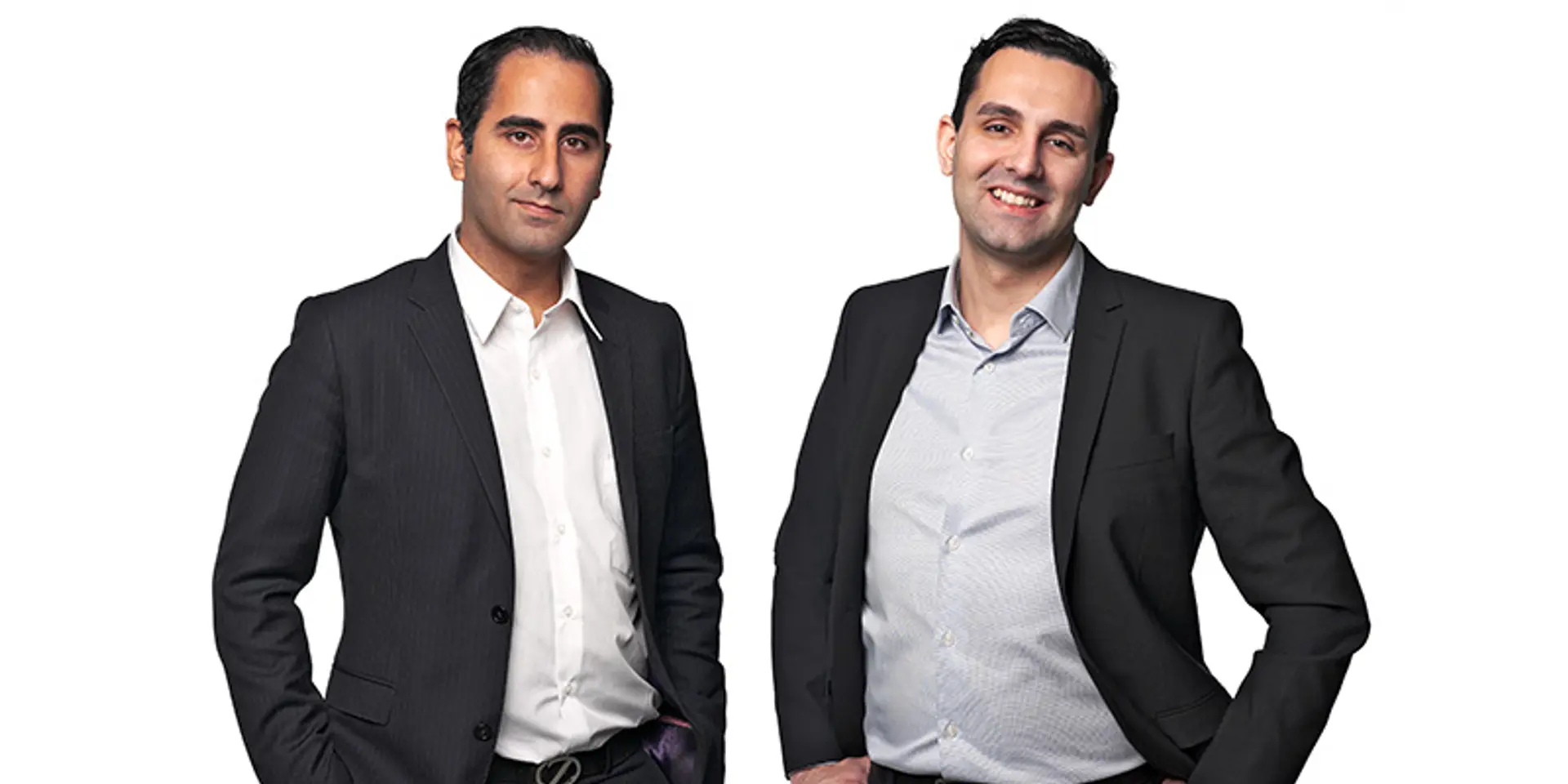Truecaller to foray into credit business in early 2020: Co-founder Nami Zarringhalam
Truecaller Co-founder Nami Zarringhalam says the platform is becoming a 'superapp' that offers consumers a spectrum of services. The company is looking at an early 2020 launch of its credit business.
Truecaller plans to use its payments platform to foray into the credit business by early 2020, turning it into a complete fintech company, Co-founder Nami Zarringhalam said.
In an exclusive interview at his company headquarters, Nami said Truecaller was becoming a "superapp", providing a spectrum of services to its consumers.
On being asked whether the company was entering the fintech market by providing credit facilities on Truecaller Pay, Nami said he was looking at an early 2020 release of the service.
"We have tested with a limited set of users a while back and got an excellent response. Based on this learning and response, we are working on updating and improving the user experience for India. We are looking at an early 2020 release," he said.

Alan Mamedi and Nami Zarringhalam, the Co-founders of Truecaller.
Sitting in one of the conference rooms of the company's headquarters in the upmarket Kungsgatan locality in central Stockholm, Nami said he aimed at providing a comprehensive digital experience to Truecaller customers.
The alumnus of KTH Royal Institute of Technology, who co-founded the company in 2009 with Alan Mamedi, said he was "excited" about the future of the firm as of the 20 million users on its Truecaller Pay platform, nearly 50 percent come from Tier II and III cities.
"We're working on making application-to-approval an end-to-end digital experience. There are exciting times ahead because our service will offer microfinance and credit to a huge under-served market in India," he said.
With Truecaller metamorphosing from a spam call filter to a platform offering payments, chat, credit facilities, threats from snooping software, like Pegasus, are always lurking around. Nami describes such threats as a "cat-and-mouse" game.
"Pegasus and other such things are actually very targeted attacks. And as far as we know, we have not been subjected to any one of them," said the second-generation immigrant to Sweden.
However, he did not rubbish the threats and said with more and more people living in the digital world, consciousness about privacy and security will grow.
Nami said while he was confident of his systems, vulnerability comes from devices where software, security patches, and applications are not up to date.
"So that's what I mean...the consciousness of the people who are active contributors in the digital era. They also need to be aware of the brands that they use...like for the devices they use, they get updates and that they keep getting the relevant security level on their devices and updating apps, which is equally important," he said.
He said technology has always been like that with hackers trying to be a notch above existing security protocols.
"But on top of that, when it comes to the way you handle encryption and the way you handle these kind of things, it's always kind of a cat-and-mouse game ...like you will push innovation forward," he said.
The cashless conundrum
Reports of cash again becoming strong in India after three years of demonetisation do not seem to bother Nami as he terms it a natural cycle.
"Every now and then we see spikes, and we see dips in the usage of digital payments. And I think that's a natural kind of cycle. That the adoption will go through," he said.
On the digital payment culture in India, Nami said it will take the country probably over 10 years to build out right infrastructure and adoption among people to even dare to go cashless.
"You might use a lot of different payment products in India. But at the end of the day, do you dare to walk out of your door without any cash in your wallet? I think, it will take time for that adoption to happen.
"And we will continue to build on the experience, which I think is going to be the winning key for us, (and) not how much money we spend on cashback, which we don't, and how we try to inorganically acquire users, because users come to us organically," he said.
Lauding the Unified Payment Interface (UPI) introduced by the Indian government, Nami said it has given a level playing field to everyone.
"What I think matters is the experience that the consumers get, how much they trust that experience, and how safe they feel using that experience as opposed to handling cash, because there is a kind of native feeling of holding hard cash in your hand. And you need to translate that experience into something that fits in your smartphone. And that's the challenge that I think all of us need to overcome," Nami said.
(Edited by Teja Lele Desai)










